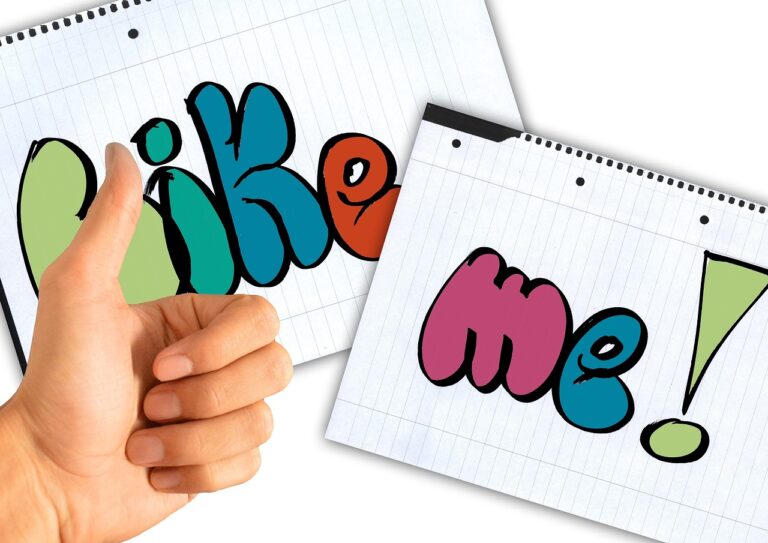The Role of MOOCs in Civic Education: World7 id, Mahadev betting login, Silver 777 login
world7 id, mahadev betting login, silver 777 login: The Role of MOOCs in Civic Education
In today’s digital age, Massive Open Online Courses (MOOCs) have emerged as a powerful tool for democratizing education and providing accessible learning opportunities to individuals around the world. While MOOCs are often associated with traditional academic subjects, they also have the potential to play a crucial role in civic education.
The term “civic education” refers to the learning and practice of the rights and responsibilities of citizens in a society. It encompasses knowledge about government structures, political processes, and the importance of civic engagement. MOOCs can be an effective platform for delivering civic education to a wide audience, helping to empower individuals to become informed and active participants in their communities.
Here are some ways in which MOOCs can enhance civic education:
1. Accessibility: MOOCs offer a flexible and convenient way for individuals to access civic education materials. Learners can participate in courses from anywhere in the world, at any time that fits their schedule. This accessibility can help reach individuals who may not have had access to traditional civic education programs.
2. Diverse Perspectives: MOOCs often feature content from a diverse range of experts and practitioners, providing learners with a broader understanding of civic issues. This exposure to different perspectives can help individuals develop critical thinking skills and empathy towards others in their communities.
3. Interactive Learning: Many MOOCs incorporate interactive elements such as quizzes, discussion forums, and group projects. These features can engage learners in active participation and promote collaboration with peers, enhancing their understanding of civic concepts.
4. Real-World Application: Some MOOCs include practical exercises and case studies that demonstrate how civic education principles can be applied in real-world scenarios. This hands-on learning approach can help learners develop the skills needed to effectively participate in civic life.
5. Self-Paced Learning: MOOCs allow learners to progress through courses at their own pace, giving them the flexibility to review and revisit content as needed. This self-paced learning model can accommodate individuals with varying levels of prior knowledge and learning styles.
6. Community Building: MOOCs often foster online communities of learners who can network, share ideas, and support each other in their civic education journey. These virtual communities can serve as a valuable resource for individuals seeking to connect with like-minded peers or mentors.
In conclusion, MOOCs have the potential to revolutionize civic education by making it more accessible, interactive, and engaging. By leveraging the unique features of online learning platforms, educators and policymakers can create innovative civic education programs that empower individuals to become informed and active citizens in their communities.
FAQs:
Q: How can I find MOOCs related to civic education?
A: You can search for civic education courses on popular MOOC platforms such as Coursera, edX, and Udemy. You can also explore online resources provided by government agencies, nonprofits, and educational institutions.
Q: Are MOOCs free to enroll in?
A: Many MOOCs offer free enrollment, with the option to upgrade to a paid certificate or access additional features. Be sure to check the course details for information on pricing and enrollment options.
Q: Can I earn college credit for completing a MOOC in civic education?
A: Some MOOCs offer the option to earn college credit or a certificate of completion that may be recognized by institutions or employers. Check the course description for information on accreditation and credentialing options.







